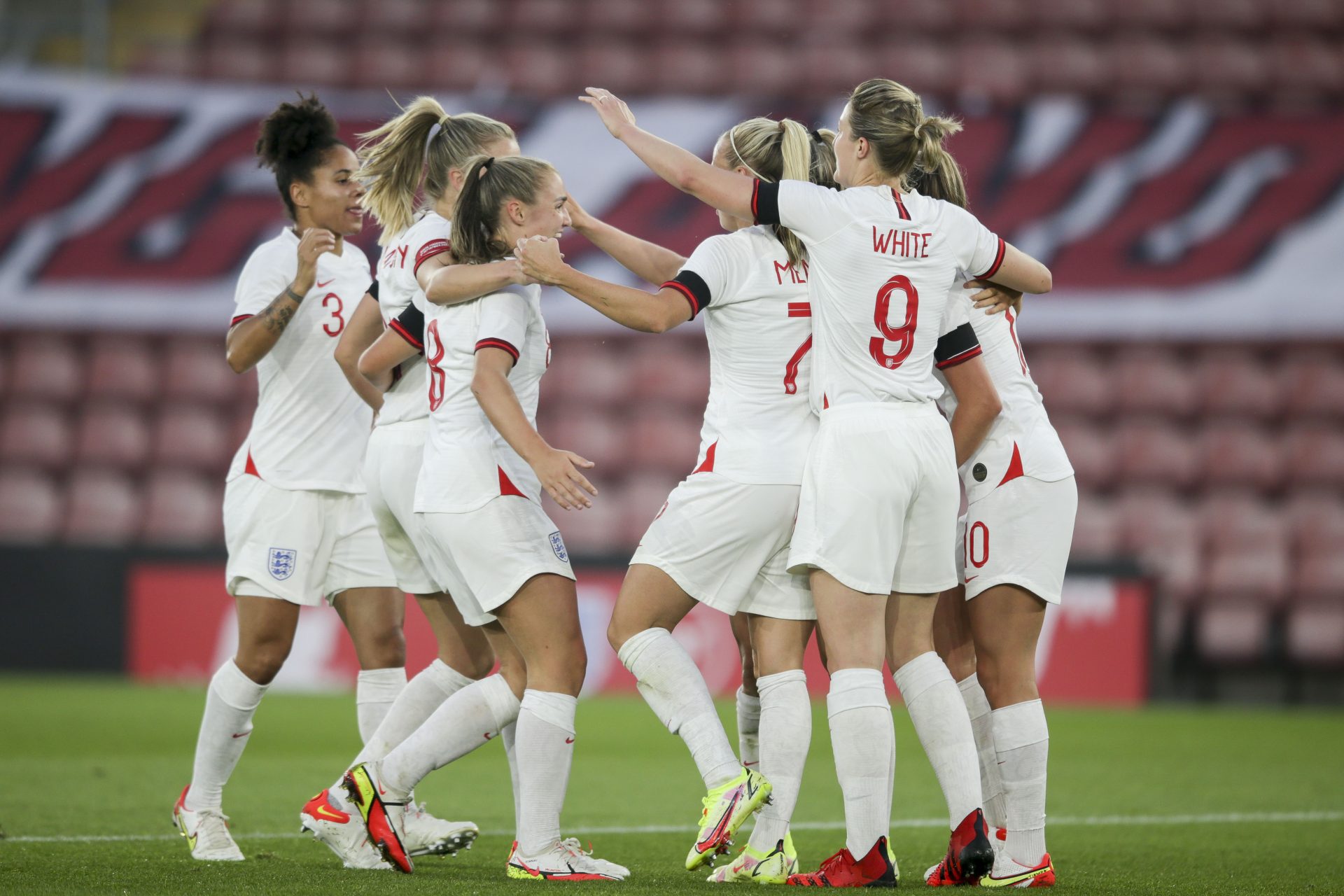
The Euro 2022 fund may bigger than ever, but it doesn’t mean that we’re anywhere close to achieving gender equality in football.
Uefa has just announced that it is doubling the fund for the Women’s European Championship. It means that the 16 teams in next summer’s competition will now share €16 million (£13.7 million) – a huge percentage increase from the 2017 tournament that saw women’s teams share €8 million (£6.86 million).
In a statement, UEFA said that it is “ensuring that more money than ever before is distributed across the women’s game”. Earlier this year, the Football Association announced plans to sell a record 700,000 tickets, making the tournament the biggest women’s European sport event ever. Sounds like a reason to celebrate, right?
You may also like
England to host the UEFA Women's Euro finals
Well, stop the fanfare. Unfortunately, this news only further highlights what we already knew about the huge gender disparity in sport. Take note of how much money was given to the men’s teams in this summer’s Euros: 24 teams shared €371 million (£317 million). That’s a €355 million gender pay gap.
And change is too slow. The arguments of lacklustre audiences no longer work, as it’s clear there’s an appetite for women’s sport: a combined 1.12 billion viewers watched the final of 2019 Women’s World Cup. Emma Raducanu’s win at the US Open Final had an audience of 9.2 million viewers on Channel 4 alone, making it the station’s most successful broadcasting day since the 2012 London Paralympics.

Even the way we talk about women’s football is skewed. During the 2020 Euro, there was national excitement over reaching the final for the first time since 1966, when the Lionesses got there in 2009.
Progress is happening: since January, the FA has been paying the women’s and men’s teams the same for representing England, both in terms of match fees and bonuses. And, just a few days ago, the US Soccer Federation announced it had offered identical contracts to the men’s and women’s national teams after an ongoing, high-profile pay dispute. But it’s not big enough or fast enough for us to be happy with.
You may also like
Euros 2020 final: everyone is forgetting that the Women's England team made it to the finals in 2009
So, while we’re here to celebrate any step forward, we can’t turn a blind eye to the work that still needs to be done. The best way to support the cause is to tune in or turn up to those matches next year (tickets are on sale on 28 October). If this summer of sport has shown anything, the women’s tournaments are never one to miss.
Images: Getty
Source: Read Full Article